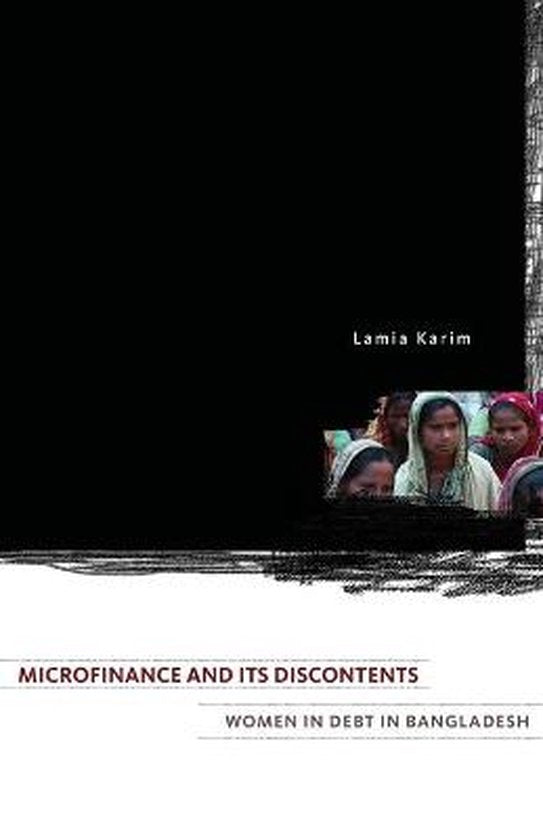De Boeken van Wouter
Microfinance and Its Discontents
Microfinance and Its Discontents
Verfügbarkeit für Abholungen konnte nicht geladen werden
Verzending is beschikbaar op maandag en vrijdag
Meestal verzonden binnen 1–4 dagen na bestelling
4 boeken kopen = 3 betalen
Gratis verzending vanaf €25
Titel: Microfinance and Its Discontents
Schrijver: Lamia Karim
Bindingswijze: Paperback
EAN: 9780816670956
Conditie: Goed
Let op: Hieronder staat een algemene beschrijving van hoe wij onze conditietypes classificeren. Als u een nauwkeuriger beeld wilt of specifieke vragen heeft, stuur ons dan een bericht en we kijken het graag voor u na.
Conditie-omschrijvingen:
- Als Nieuw: Nauwelijks gebruikssporen, bijna als nieuw.
- Goed: Kan lichte gebruikssporen vertonen, zoals wat verkleuring of een naam op de schutbladen, maar doorgaans geen onderstrepingen of aantekeningen in de tekst.
- Redelijk: Boek in redelijke staat. Kan gebruikssporen vertonen, zoals verkleuring, leesvouwen in de rug, onderstrepingen, aantekeningen, lichte vervuiling aan de randen, ezelsoren of een kromme rug.
- Nieuw: Boek is nieuw.
Beschrijving:
The first feminist critique of the much-lauded microcredit process in Bangladesh.
A feminist critique of the much-lauded microcredit process in Bangladesh
In 2006 the Grameen Bank of Bangladesh won the Nobel Peace Prize for its innovative microfinancing operations. This path-breaking study of gender, grassroots globalization, and neoliberalism in Bangladesh looks critically at the Grameen Bank and three of the leading NGOs in the country. Amid euphoria over the benefits of microfinance, Lamia Karim offers a timely and sobering perspective on the practical, and possibly detrimental, realities for poor women inducted into microfinance operations.
In a series of ethnographic cases, Karim shows how NGOs use social codes of honor and shame to shape the conduct of women and to further an agenda of capitalist expansion. These unwritten policies subordinate poor women to multiple levels of debt that often lead to increased violence at the household and community levels, thereby weakening women’s ability to resist the onslaught of market forces.
A compelling critique of the relationship between powerful NGOs and the financially strapped women beholden to them for capital, this book cautions us to be vigilant about the social realities within which women and loans circulate—realities that often have adverse effects on the lives of the very women these operations are meant to help.
Share

